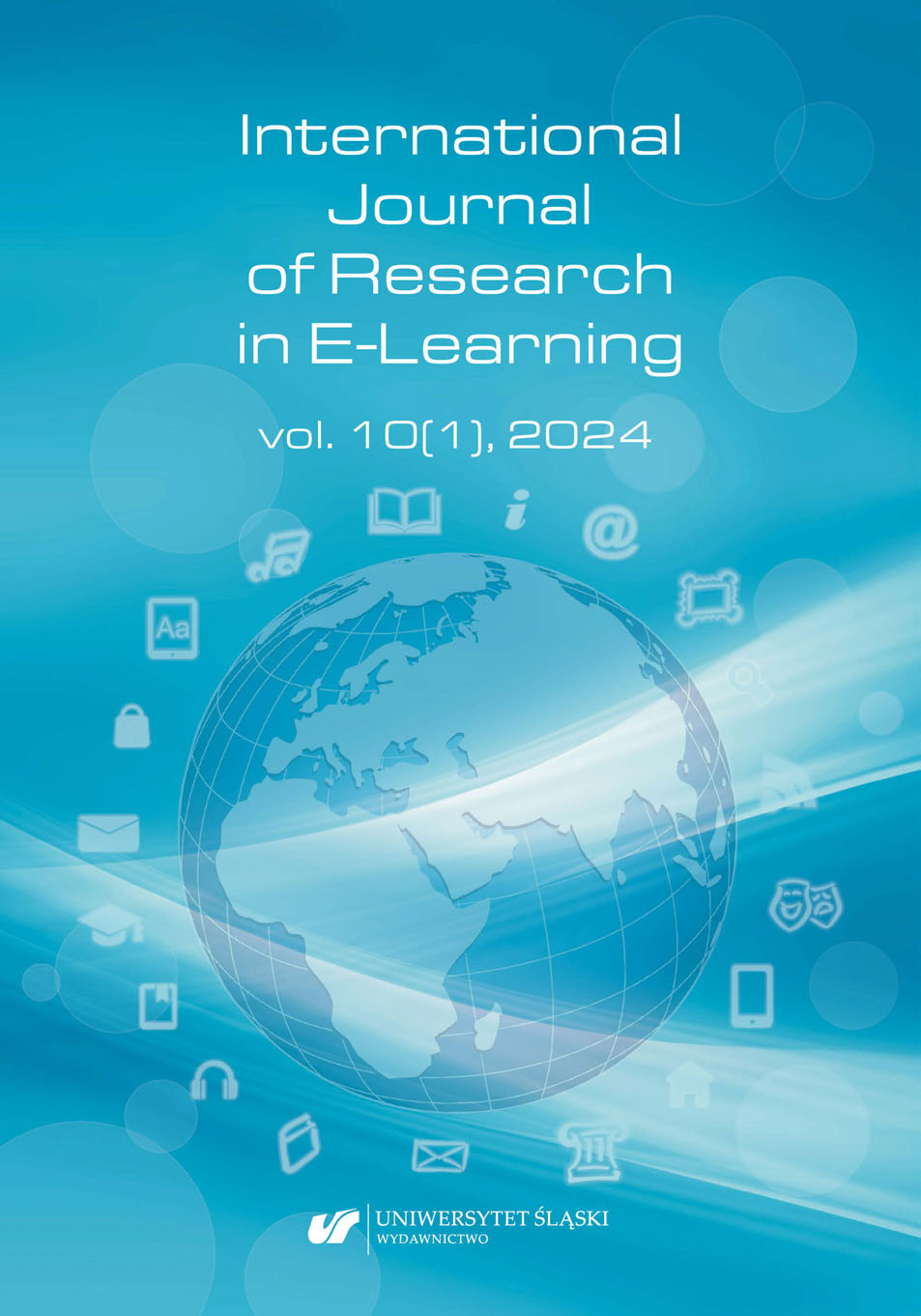Exploring the Educational Efficacy and Potential of 24-Hour Hackathon Programming Marathon – HackEmotion
Exploring the Educational Efficacy and Potential of 24-Hour Hackathon Programming Marathon – HackEmotion
Author(s): Małgorzata Przybyła-Kasperek, Rafał Doroz, Agnieszka Lisowska, Grzegorz Machnik, Arkadiusz Nowakowski, Krzysztof Wróbel, Beata ZieloskoSubject(s): Education, Organizational Psychology, ICT Information and Communications Technologies, Distance learning / e-learning, Pedagogy
Published by: Wydawnictwo Uniwersytetu Śląskiego
Keywords: Hackathon; Work in teams; Emotions recognition; STEM education; Programming marathon
Summary/Abstract: This paper addresses the issue of modern didactics and student motivation for self-learning as well as tackling significant practical challenges. In technical and STEAM (Science, Technology, Engineering, and Mathematics) education, achieving high levels of motivation is particularly important, as students often become overwhelmed by the vast amount of information and opportunities which lead to diminished interest. At the Institute of Computer Science at the University of Silesia in Katowice, a Hackathon – a 24-hour programming marathon – was organized to enhance student engagement. During this event, students confronted a critical problem in modern society, i.e. emotion recognition. The goal was to develop solutions and help for fostering emotion recognition skills in young people with real-world implementation potential. Additionally, students tested their abilities under time pressure, honed their group work competencies, and faced real-time problem-solving scenarios. This paper presents an evaluation of the event’s impact, and analyzes the results of a post-event survey, providing feedback to improve the quality of future Hackathons. The main research questions we posed during the research were: RQ1: At what level of quality was the Hackathon event organized? Werestudents well informed and felt cared for during this event? RQ2: What aspects and properties did motivate students most to take part in events organized at the university like Hackathon? RQ3: What competencies, knowledge and skills were developed by participants in the Hackathon? RQ4: Do students consider issues related to recognizing emotions important and the created applications possible to use in practice? In this paper, we answer these questions using statistical analysis as well as simple machine learning models.
Journal: International Journal of Research in E-learning
- Issue Year: 10/2024
- Issue No: 1
- Page Range: 1-26
- Page Count: 26
- Language: English

